How to Write a Grant Proposal
Learn How to Write a Grant Proposal
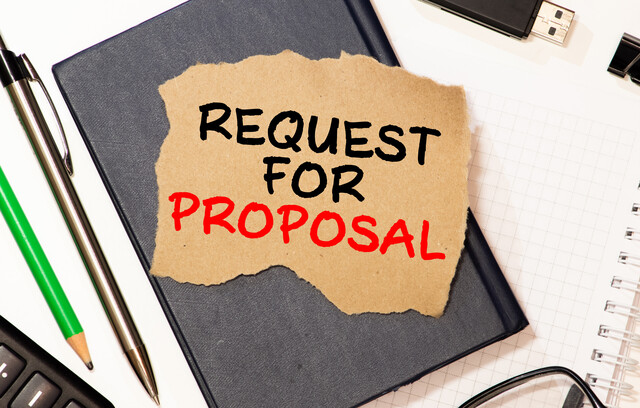
9 Hours average completion time
0.9 CEUs
16 Lessons
17 Exams & Assignments
1110 Discussions
16 Videos
33 Reference Files
84 Articles
Mobile Friendly
Last Updated January 2026
Imagine unlocking a skill so powerful that it could open doors to endless opportunities, driving change and enabling progress on causes that matter. Welcome to the art of grant writing. This isn't just another course-it's a transformational journey designed to empower you with the tools to secure critical funding, make a meaningful impact, and establish yourself as a trusted professional in a field that's never been more relevant.
Grant writing is about much more than just putting words on paper. It's the vital bridge between innovative ideas and the funding needed to bring them to life. Nonprofits, educational institutions, healthcare organizations, and countless other entities are competing for limited resources-and they need skilled grant writers to help them succeed. In this course, you'll learn to craft proposals that resonate with potential funders, painting a vivid picture of the mission at hand and making a compelling case for why it deserves support. You'll discover the strategies and techniques behind successful grants, from understanding funders' core motivations to articulating project goals and impact in a way that speaks directly to their priorities.
But grant writing isn't just about persuasion. It's about partnership. You'll develop an in-depth understanding of the grant ecosystem, where both sides-grant seekers and grant makers-are aiming for a shared goal. You'll dive into the fundamentals of identifying the right opportunities, studying successful proposals, and mastering the nuances that turn a submission from "interesting" to "essential." Whether it's the specific language funders use, the strategic alignment of your goals with theirs, or the budgeting that shows you've thought through every detail, this course leaves nothing to chance.
What sets this course apart is its practical, hands-on approach. Each lesson is crafted to build your skills step-by-step, from mastering the language of grants and navigating platforms like Grants.gov to understanding the often-overlooked yet crucial details that give proposals the winning edge. You'll practice evaluating and revising drafts, developing a keen eye for what funders value, and learning how to refine ideas into polished, professional proposals. Plus, you'll learn strategies for managing the demands of restricted and complex grants, keeping your projects sustainable long after initial funding is secured.
Whether you're a beginner or looking to deepen your expertise, you'll gain confidence and competence with each module. Imagine walking into a room, ready to not only write but also advocate for the causes and organizations you care about. Picture the satisfaction of knowing your skills are driving real-world impact, securing the resources needed to expand educational programs, support vital healthcare initiatives, or advance environmental sustainability.
By the end of this course, you won't just know how to write grants; you'll understand how to build relationships, negotiate terms, and navigate the ever-evolving world of grant funding. You'll be equipped with the knowledge, skills, and insights needed to become an indispensable asset, ready to help organizations of all kinds meet their missions and make a difference.
Enroll now, and step into a future where your words have the power to open doors, transform communities, and bring dreams to life. This is your path to making a lasting impact, one well-crafted grant at a time.
- Persuasive writing techniques
- Professionalism in grant submissions
- Budgeting as storytelling
- Comprehensive audience analysis
- Impactful project planning
- Effective grant communication
- Grant ecosystem understanding
- Adaptive grant strategies
- Strategic proposal development
- Navigating online grant platforms
- Identifying funding priorities
-

Lean Management
-

Ancient Civilizations 101
-
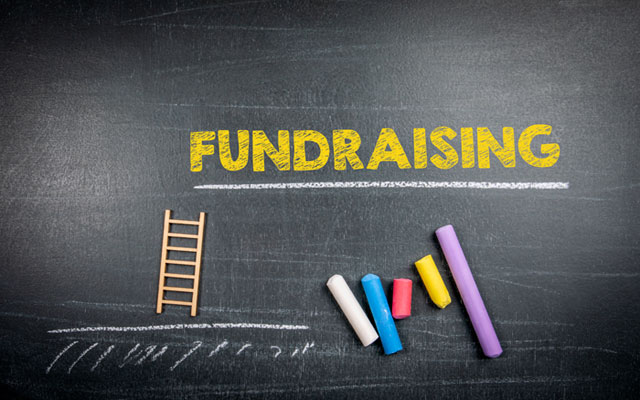
Fundraising 101
-

SalesForce 101
-
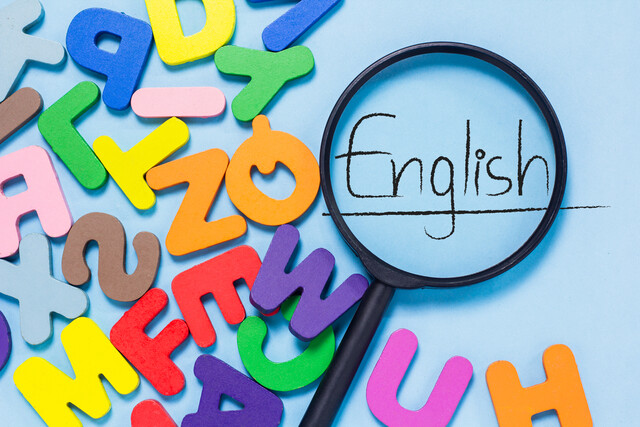
ESL Grammar Skills: Level 1-5 Course Bundle
-

How to Deal with Difficult Personalities
-

Crisis Management
-

Writing Women's Fiction
-

Etiquette for Children and Teens
-

ABCs of Technical Writing
-

ESL Grammar Skills Level 1
-

How to Win Arguments
-

Writing Basics 101: Spelling, Grammar, Punctuation, Writing Structures
-

Business Writing
-

Creative Writing 101
-

Writing Help Course Bundle
-
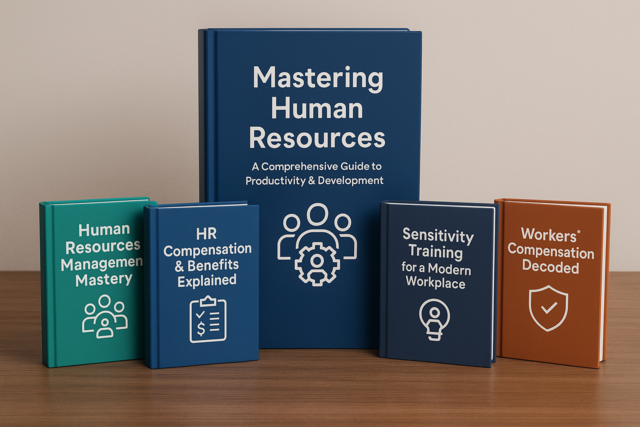
Human Resources Productivity Course Bundle
-

Freelance Writing 101
-
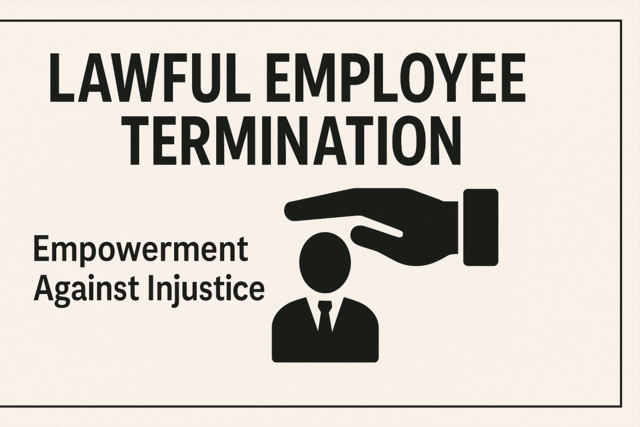
Lawful Employee Termination
-
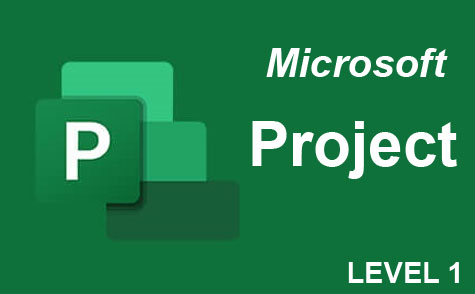
Microsoft Project Level 1
-

Contract Law 101 - An Introduction
-

Goal Setting for Business
-

Purchasing and Vendor Management 101
-

Sensitivity Training for the Workplace
-

Etiquette 101